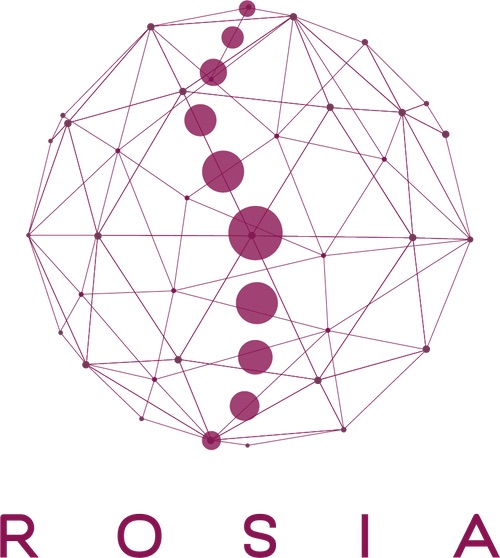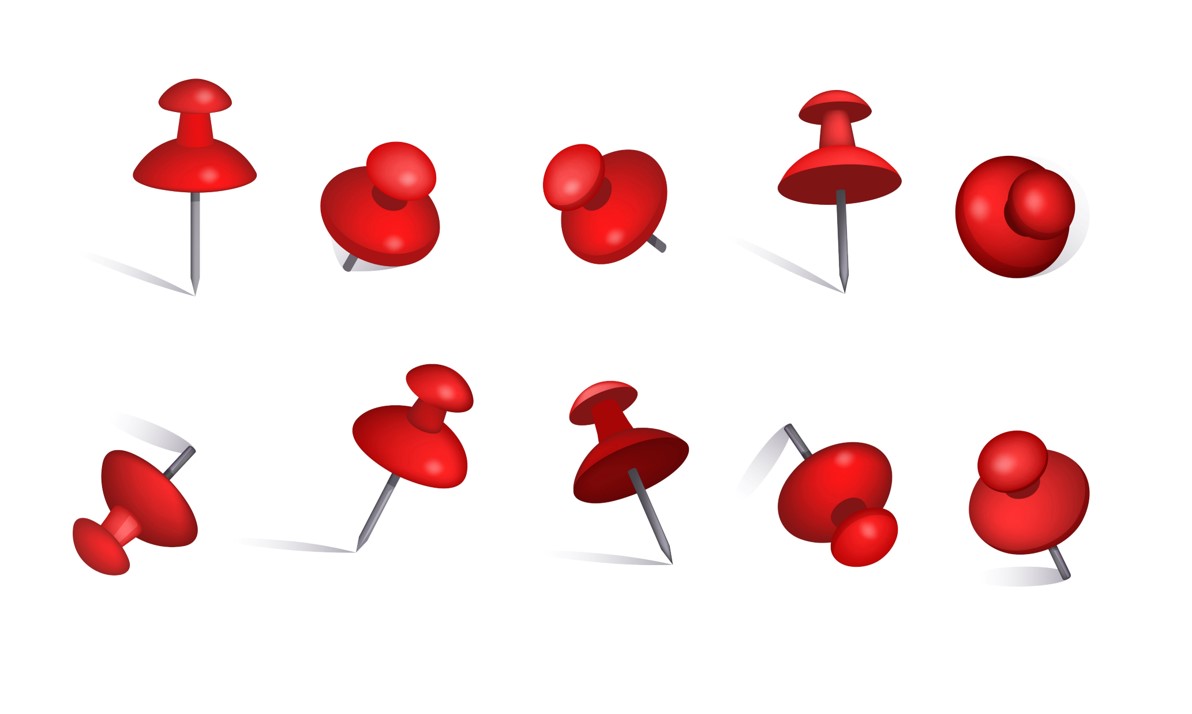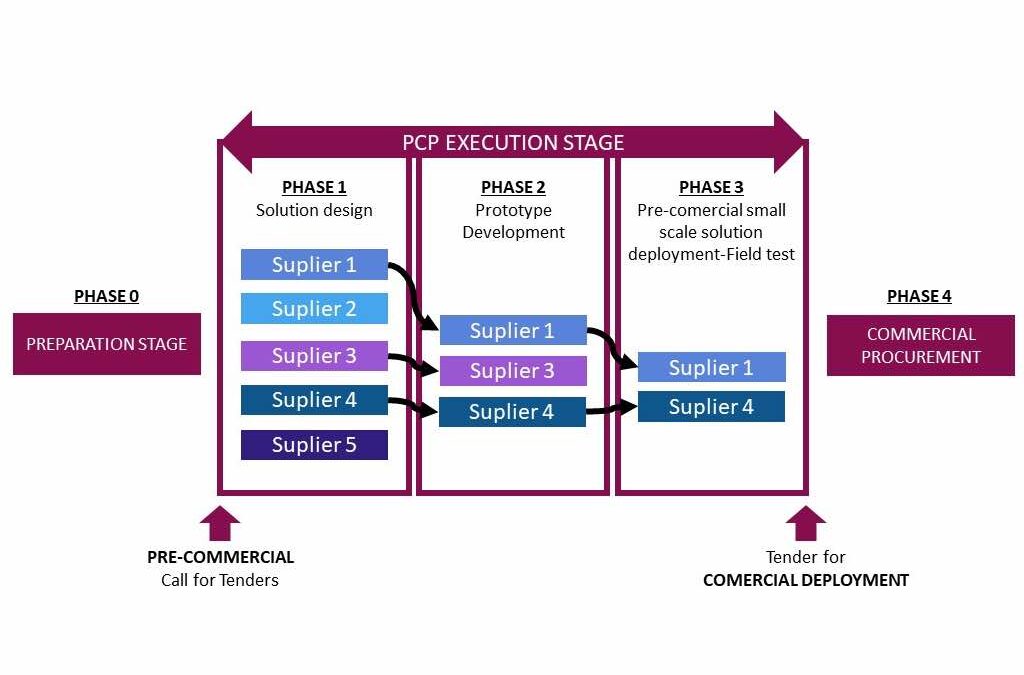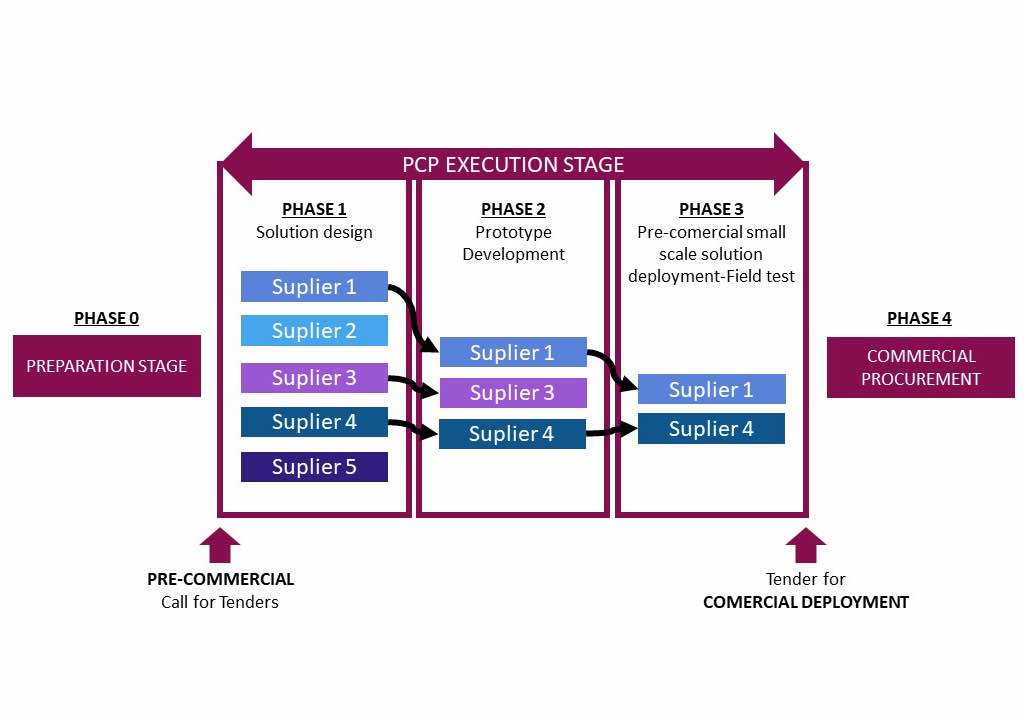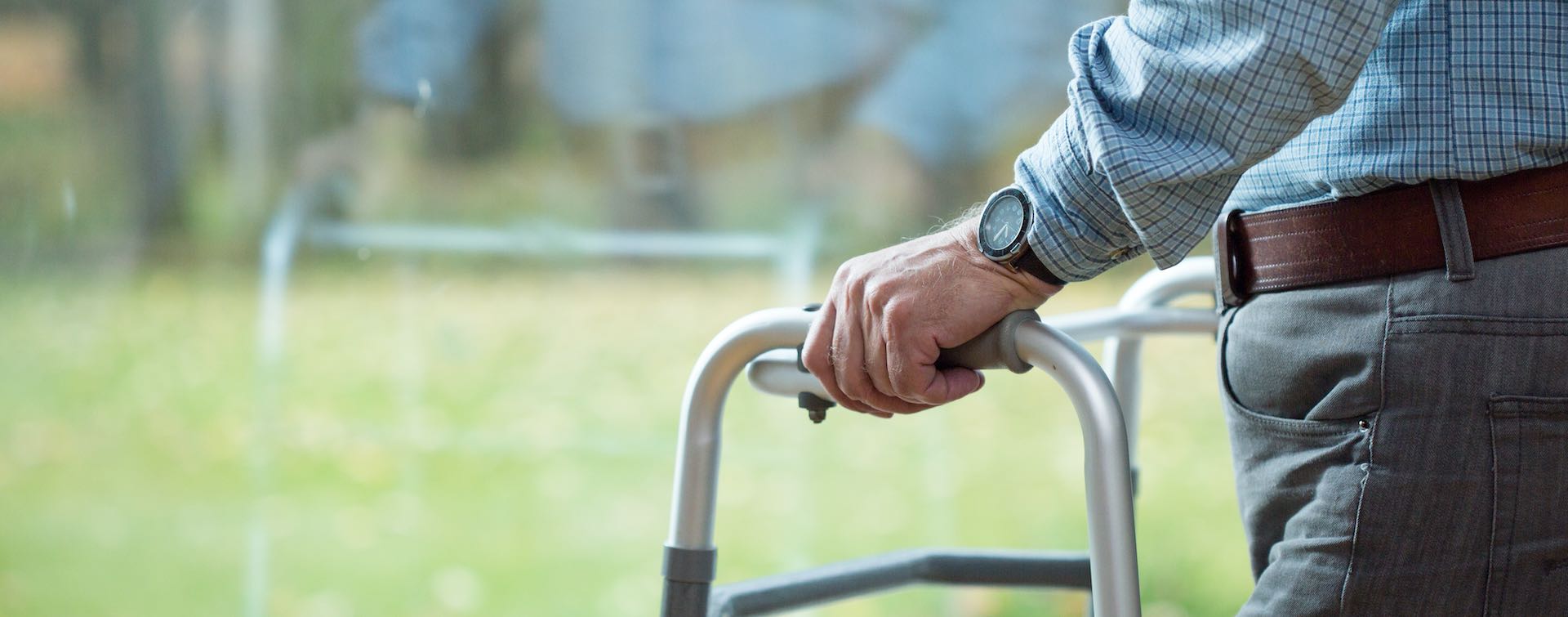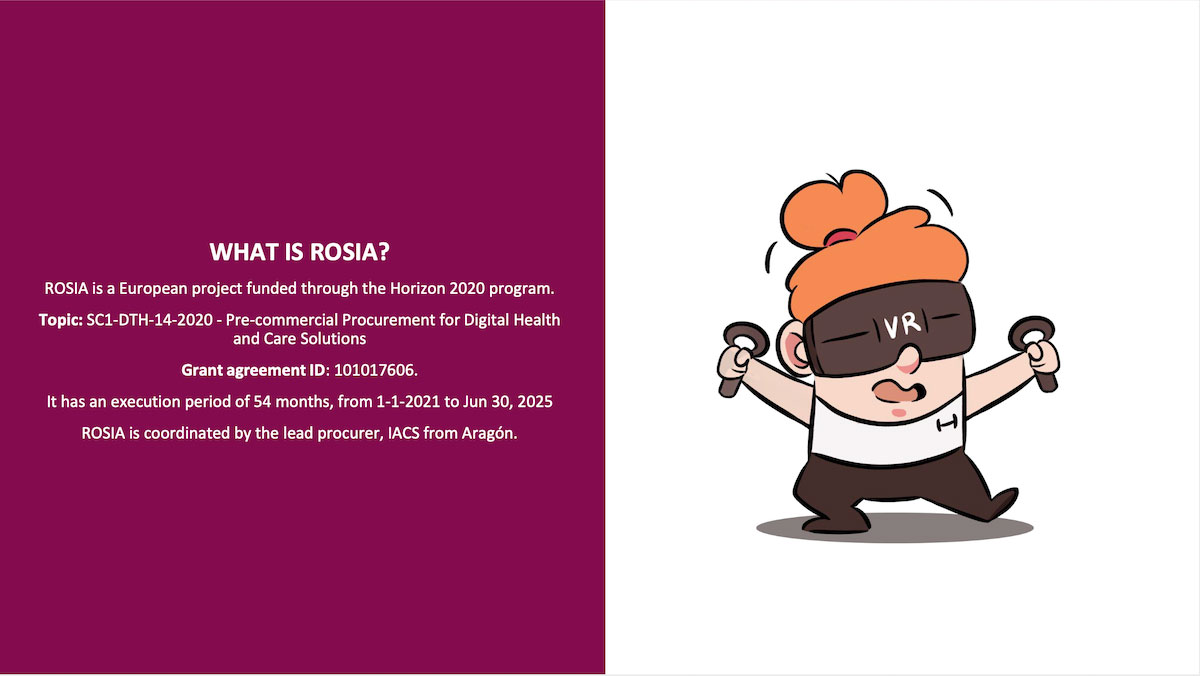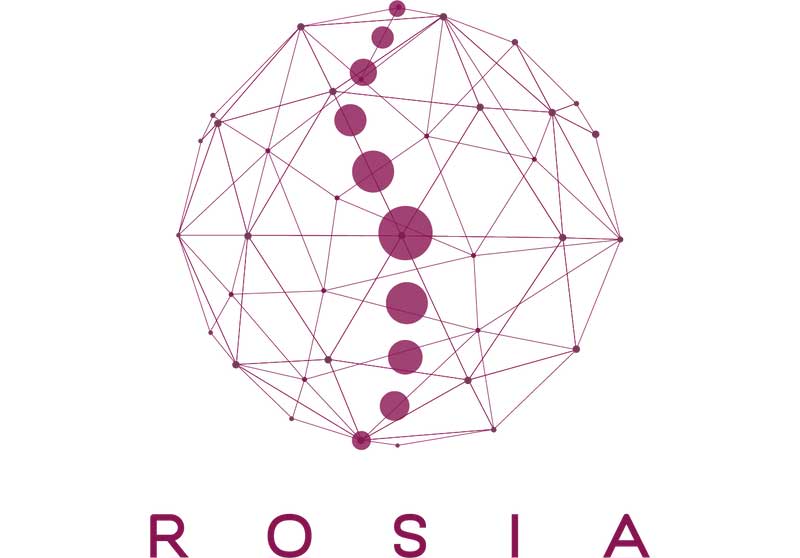
Rosia letter of interest: Invitation to ROSIA OMC Information Events
Rosia letter of interest: Invitation to ROSIA OMC Information Events

Registration to Information events is open
Dear Sir/Madam,
Rosia letter of interest
We are glad to inform you that Departamento de Sanidad de Aragón (Spain), National Rehabilitation University Hospital (Ireland) and Centro Hospitalar e Universitário de Coimbra (Portugal) are part of the European project ROSIA. The project aims to design future rehabilitation services for remote rural areas, making sure those who live in the least populated areas, furthest from cities, have access to intelligent telerehabilitation services. These designs will take advantage of new technologies. They will integrate social and health services. They will even integrate whatever community resources are available in patients’ villages and towns. But they will be prescribed and supervised by rehabilitation specialists in central healthcare facilities.
We hope that the platform we offer to support the project will validate these new telerehabilitation devices and technologies, so that health professionals may place their trust in them and can include them in their prescriptions.
What do we mean by telerehabilitation?
Today, telerehabilitation is at risk of being dismissed as mere consultations via webcam, but we want to make sure it integrates artificial intelligence, augmented reality, gamified exercises (or video game workouts): anything that will foster remote care and self-care.
How do we kick-start it?
We use a PPI, a public procurement of innovative solutions, an instrument to convoke intelligent solutions to problems citizens face; solutions that the market does not currently provide. It has been used in Europe for a few years now, and it is also sometimes known as pre-commercial procurement.
In a PCP, the state is involved in the co-creation process, together with private bidders, and in competition with them. The process will inspire a good number of new solutions and prototypes and the most interesting among them are going to be implemented and tested with live subjects in those European regions participating in ROSIA (Portugal, Ireland and Spain).
With all this, we hope to accomplish a triple victory: Patients, Healthcare and Entrepreneurship. Patients in rural areas will be empowered; they will be able to work through their rehabilitation programs from home. The healthcare system will be empowered; it will be able to meet its patients’ needs without requiring them to travel long distances. And the European business community will be empowered; it will have a chance to invest in new ideas and, above all, to find a way to market them.
What kinds of solutions are we looking for?
We are thinking of disruptive technologies in the field of rehabilitation incorporating virtual reality, depth cameras, sensors, artificial intelligence, etc. But there are also solutions related to integration of social and health services, municipal in most cases, with community resources. A fitness hour in the municipal sports centre, for instance, or a swimming class at the local pool may be included in a patient’s rehabilitation file and followed up by the rehabilitation specialist at the central healthcare facility. Still other solutions may be more closely related to motivating the individual to carry out prescribed exercises and programs at home.
What kinds of companies are we looking for?
-
- Companies developing technological solutions that could be useful in telerehabilitation.
- Companies that provide open platforms able to support these kinds of services.
- Companies that manage community services related to telerehabilitation.
- Companies that monitor engagement and motivation.
How can you get involved in this first phase of the project?
Both to broadcast the opportunities ROSIA offers as a project, and to get to understand the market’s attitudes towards it, ROSIA partners are setting up an Open Market Consultation (OMC), where companies interested in contributing solutions to the project will be given a chance to present their ideas.
The OMC is going to be launched 12 July and four online events, organised, respectively, by the buyers in this project (Salud Aragón, National Rehabilitation Hospital of Ireland, and Centro Hospitalar Universitário de Coimbra).
Registration for speakers closes five days before launch day, and can be done following this link.
Once you register, you will receive all the information you need regarding setting up your presentation (depending on the number of presenters, speakers will have between 5 and 10 minutes for their presentation). All events will take place on the second half of June.
We would like to underline that participation in the OMC does not affect the tendering process.
Click to find more information on the OMC
Kind Regards,
ROSIA Team
